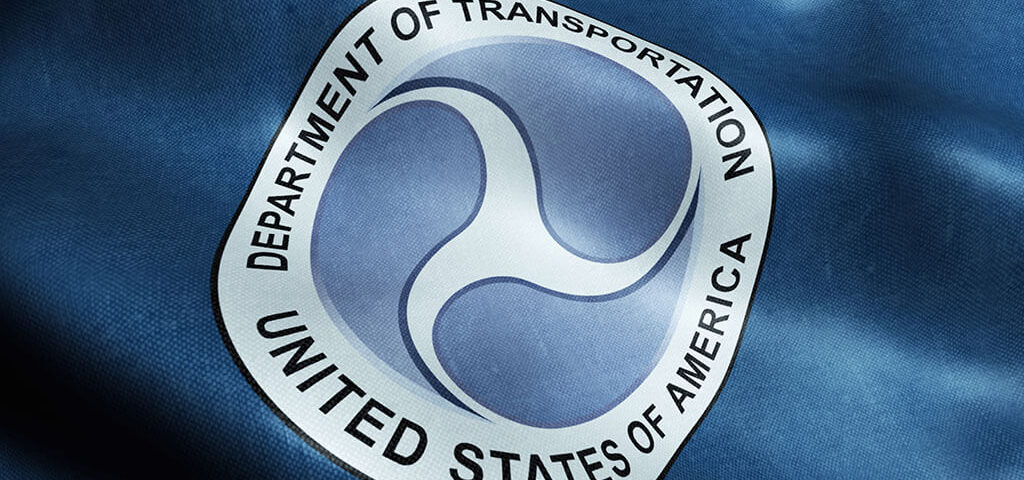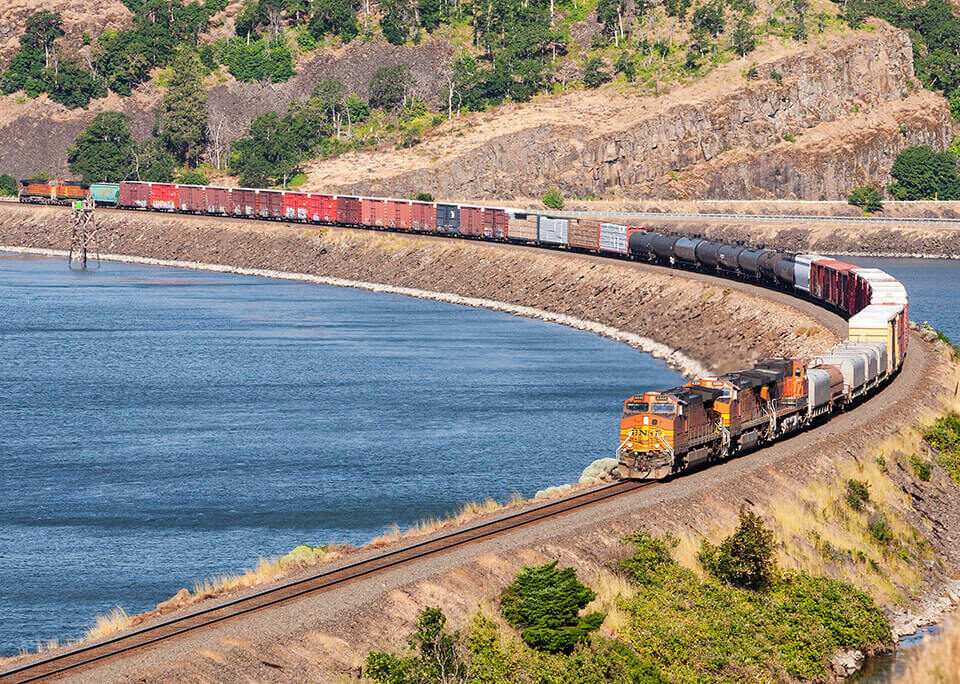When you're just getting started with trucking, you may not realize just how much paperwork needs to be done before you can hit the road. There are FEW major processes that need to be completed before your business can start. They include BUT NOT LIMITED TO obtaining your DOT number, your MC number, and filing for a BOC-3 AND UCR. Here's what they include.
What is a DOT?
Knowing if your trucking business requires an MC or a DOT can be difficult. They're similar. A USDOT, or US Department of Transportation number, consists of a unique number that is given to a moving company. This number is registered with the FMCSA or Federal Motor Carrier Safety Administration. Every trucking business that intends to move goods or cargo across state lines is required to have a DOT number. This gives the FMCSA the ability to track the company's safety regulations, ratings, past inspections, compliance reviews, and crash investigations. These records are also made available to the public. Just because you need a DOT, however, doesn't always mean you also need an MC.
What is an MC?
An MC number, or Motor Carrier number, is also a unique number that is given to a moving company. Not everyone is required to obtain an MC number. If your for-hire carrier business transports either passengers or federally-regulated cargo, then you'll need an MC. Some goods may require an MC number as well. To determine if you need an MC number, you can check with the FMCSA to see if your company applies.
What is a BOC-3?
One final part of setting up a cargo business is acquiring a BOC-3. This stands for blanket coverage. It allows motor carriers to have a legal presence in practically every state that they intend to travel in or through. The FMCSA requires you to have a BOC-3 in place before you start operation. It's needed to obtain your MC number. Once you obtain a BOC-3, a processing agent will be assigned to you. This agent will be responsible for representing the company in the states you carry cargo in. They'll also contact other agents that represent your company in each state. You'll essentially have a team of processing agents ready to forward any legal paperwork to your drivers when it's required. It can be difficult to know what kind of coverage and registration numbers you need. To make it easier, here's what you should seek to obtain based on your vehicle's size.
What is a UCR?
UCR stands for Unified Carrier Registration program. It is a federally-mandated system for registering operators of commercial vehicles who are involved in interstate and international travel. This annual registration must be renewed by December 31 each year.
Vehicles 10,000 lbs. or lighter:
For vehicles that are on the lighter side when it comes to carrying cargo, you'll only need your MC number and liability insurance that covers up to $300,000. This is the kind of freight that requires the smallest set-up and registration.
What size vehicle requires a DOT number?
In general, a USDOT Number is required if you are operating in interstate commerce and meet the following criteria: You have vehicles that are over 10,000 lbs. (GVWR, GCWR, GVW or GCW) You transport between 9 and 15 passengers (including the driver) for compensation, whether direct or indirect.
Vehicles 10,001-26,000 lbs.:
You'll need a few more authorities before you can drive anything heavier than 10,000 pounds. If your vehicle matches the above weight range, then you'll need a DOT number on top of your MC number. You'll also need a UCR registration and liability insurance that covers up to $750,000.
If your vehicle matches the above weight range, then you'll need a MC number on top of your DOT number. You'll also need a BOC-3, UCR registration and liability insurance with minimum coverage $750,000 in liability. Also in some rare cases you will also need an IRP account.
Vehicles 26,001 lbs. and greater:
You'll still need your DOT number and MC number. You'll need a UCR registration, BOC-3 form, but now you will also need permits, IRP account, drug and alcohol program, clearinghouse and liability insurance with minimum coverage $750,000 in liability (but insurance may vary based on the cargo classification). For example, If you carry hazardous, or transport equipment that contains hazardous material, your liability insurance will start at a minimum of $1,000,000.
All of the above will require a BOC-3 processing agent and UCR if you are planning on driving across state lines. If a legal situation occurs in another state, having a BOC-3 will enable your driver and company to be protected.




